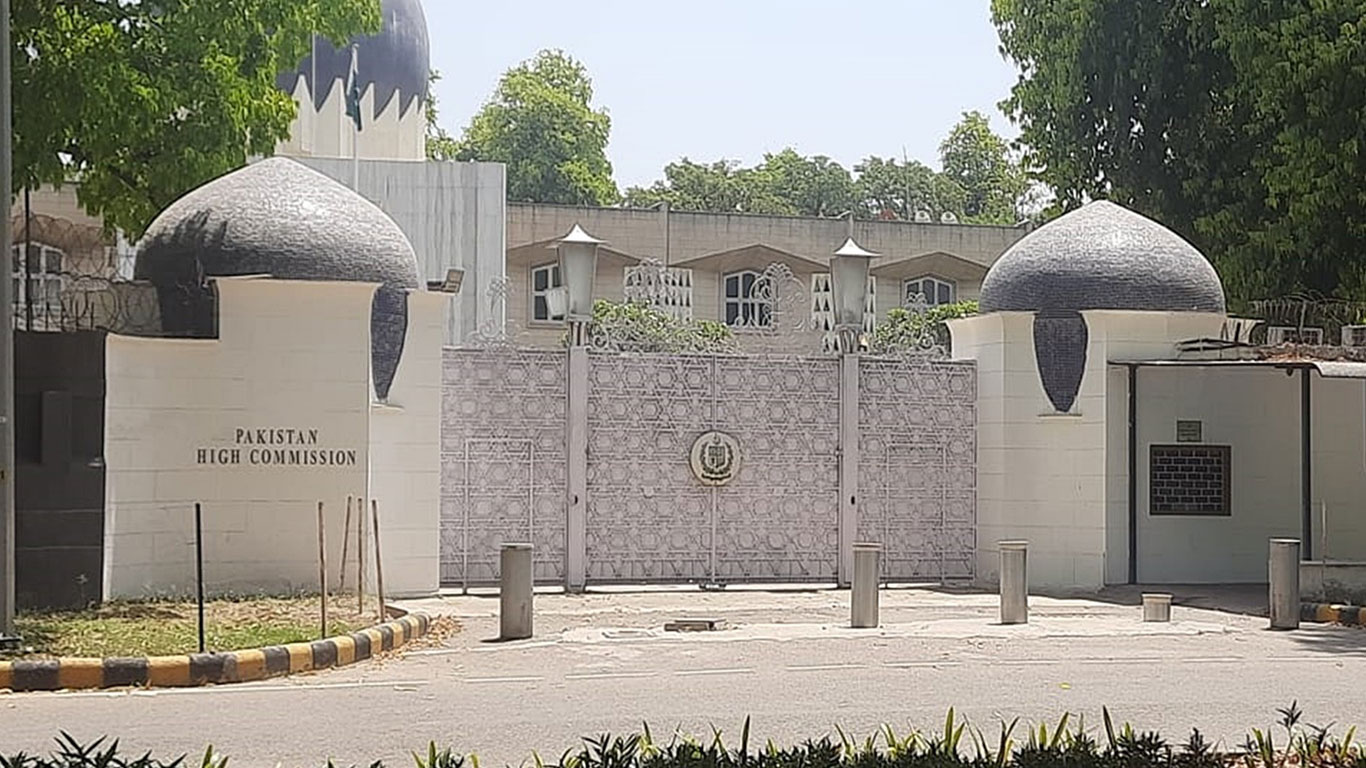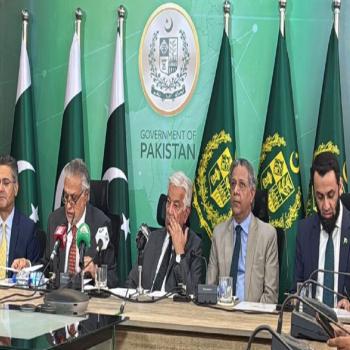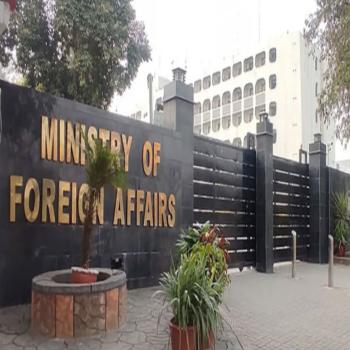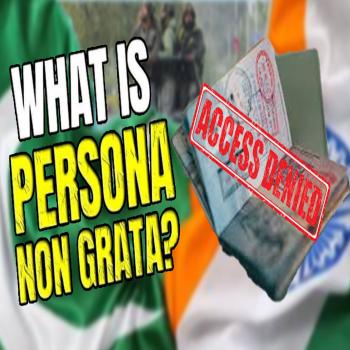India Thursday summoned Pakistan’s top diplomat in Delhi, Saad Ahmad Warraich, and handed over the formal Persona Non Grata note for its military diplomats, declaring them unwelcome following the April 23rd Pahalgam attack that left over two dozen tourists dead in Indian-occupied Jammu and Kashmir.
This aggressive diplomatic move by the Modi-led government comes amid rising tensions, with India alleging cross-border terrorism.
In a press briefing, Foreign Secretary Vikram Misri detailed a series of swift and severe decisions taken by the Cabinet Committee on Security (CCS) during a meeting chaired by Prime Minister Narendra Modi and attended by top ministers, including Amit Shah, Rajnath Singh, and S. Jaishankar.
Among the measures:
- All Indian visas for Pakistani nationals have been revoked, effective April 27, 2025.
- Medical visas are valid only till April 29, while Pakistani nationals already in India must leave before their visas expire.
- SAARC Visa Exemption Scheme (SVES) for Pakistani nationals has been cancelled. Any SVES holders have 48 hours to exit India.
- India will withdraw its own Defence, Naval, and Air Advisors from its High Commission in Islamabad.
- The diplomatic staff strength is being cut from 55 to 30 by May 1.
- The Attari Integrated Check Post has been shut down; return via this route is allowed only till May 1.
- Most notably, the Indus Waters Treaty (IWT) has been placed in abeyance, a major shift in regional water diplomacy.
Misri also warned that unless Pakistan credibly and irreversibly ends its support for terrorism, these decisions will remain in place, hinting at even harsher actions ahead.
The Indian Ministry of External Affairs also advised its citizens to avoid traveling to Pakistan, and those already there have been asked to return immediately, citing the unstable environment.
These unilateral and sudden steps by New Delhi are being perceived in Islamabad as part of a broader political agenda, with top Pakistani leaders — including Deputy PM Ishaq Dar, Defence Minister Khawaja Asif, and Foreign Minister Sardar Awais Leghari — condemning them as impulsive, unlawful, and politically motivated.
Pakistan’s NSC and PM Shehbaz Sharif have convened emergency meetings in Islamabad to review national strategy, calling India’s actions irresponsible and damaging to regional peace.
Many observers warn that these steps mark a dangerous departure from bilateral diplomacy rooted in the Simla Agreement and UN Resolutions, especially as the Indus Waters Treaty—a binding agreement since 1960—is being held hostage to politics.
The aftershocks of the Pahalgam tragedy now echo beyond the loss of life. They’ve triggered an aggressive diplomatic retaliation, threatening water agreements, civilian transit, and even the religious rights of Sikh pilgrims. With over 240 million people potentially affected across both nations, the coming days will be crucial in determining whether this standoff worsens or cools down.






